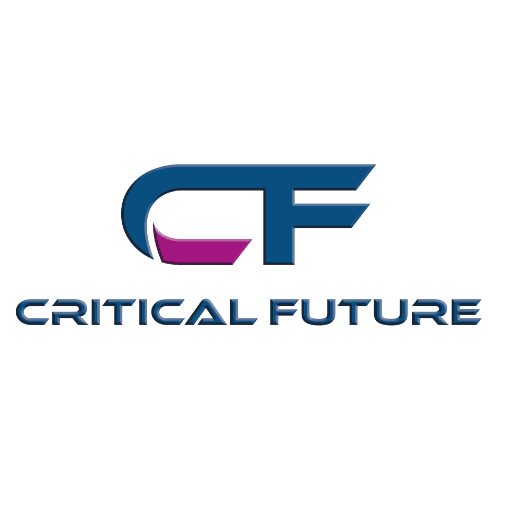The AI Revolution in Healthcare: Smarter, Faster, and More Accurate Diagnoses
- March 7, 2025
- Posted by: Mai - CF Brand Ambassador
- Category: Daily Blogs
The AI Revolution in Healthcare: Smarter, Faster, and More Accurate Diagnoses
Imagine walking into a hospital where AI-powered assistants diagnose conditions in seconds, predict complications before they happen, and personalize treatments down to your genetic profile. In 2025, this is no longer science fiction—it’s reality. AI is now an integral part of healthcare, with major breakthroughs transforming patient care worldwide. Advanced AI systems are reshaping how medical professionals operate, making processes more efficient and helping to save lives by spotting conditions that humans might miss. As the healthcare industry continues to embrace these technological advancements, the potential for improved patient outcomes grows exponentially.
AI’s Growing Role in Healthcare
Over the past year, AI-powered diagnostic tools have reached unprecedented levels of accuracy. Machine learning models can now detect early signs of diseases such as cancer and Alzheimer’s years before traditional methods. This shift is driven by advancements in deep learning, real-time data processing, and multimodal AI models. For instance, AI systems are now capable of analyzing vast amounts of medical data from different sources to provide a more comprehensive diagnosis. These technologies are not only enhancing the accuracy of medical assessments but also significantly speeding up the process, enabling doctors and medical professionals to spend more time on patient care and less on administrative tasks.
Breakthrough Moment: AI Detects Cancer Earlier Than Ever
In January 2025, a new AI diagnostic tool developed by a leading research lab demonstrated the ability to detect cancer with 98% accuracy during clinical trials. This marks a significant leap in AI’s role in preventive healthcare. This tool, a product of intensive research and collaboration between AI specialists and oncologists, uses deep neural networks trained on millions of medical images. It can identify even the slightest anomalies that might indicate the presence of early-stage cancer, long before symptoms appear. Such breakthroughs are poised to change the landscape of oncology, offering patients a better chance for early intervention and successful treatment outcomes.
How Industries Are Implementing This Technology
From healthcare to finance, organizations are rapidly adopting these AI innovations to transform their operations and offerings. In the healthcare sector, these advanced tools are being integrated into hospital systems to support clinical decision-making, reduce error rates, and streamline patient care. Financial institutions are using AI to enhance fraud detection and create more personalized banking experiences, while manufacturing industries apply AI to optimize production and reduce downtime. The adaptability of AI technologies across different fields highlights their versatility and potential to drive growth and innovation across sectors.
The Future Implications of AI Advancement
“AI is no longer just assisting doctors—it’s transforming the entire healthcare system,” says Dr. Anna Roberts, an AI research scientist.
The integration of AI into various sectors will likely lead to more efficient and effective systems, but it also raises questions about the future of work and the ethical use of AI. For example, as AI takes on more diagnostic and decision-making roles, the demand for healthcare professionals might shift towards roles that emphasize oversight and human-AI collaboration. Additionally, there are ethical concerns around patient data privacy and the need for transparent AI systems to avoid biases and errors. Policymakers and technology developers must work together to address these challenges while ensuring that the benefits of AI are maximized for society as a whole.
What This Means For Our Future
As AI continues to reshape healthcare, one question remains: How much should we rely on machines for life-and-death decisions? The future of AI in healthcare is promising, with the potential to improve accessibility, reduce costs, and enhance patient outcomes significantly. However, maintaining a balance between technological advancements and human oversight will be crucial. The ongoing dialogue around AI ethics and regulations will play a pivotal role in shaping how these technologies are adopted and implemented. As we continue to explore the capabilities of AI, we must carefully consider the implications and ensure that these powerful tools are used responsibly and equitably.
